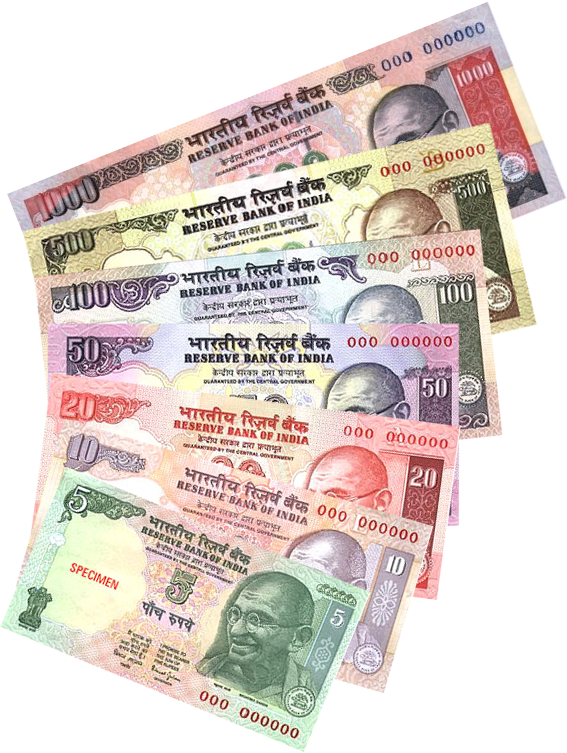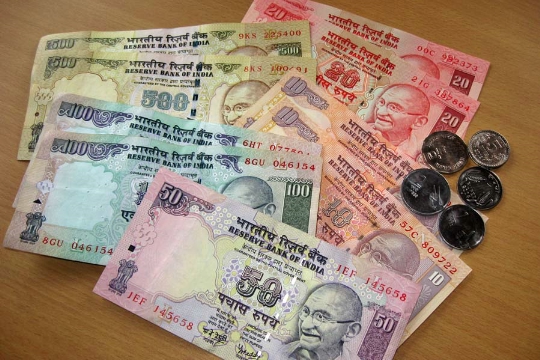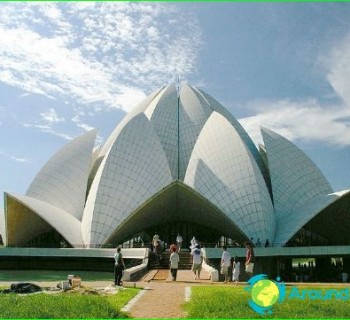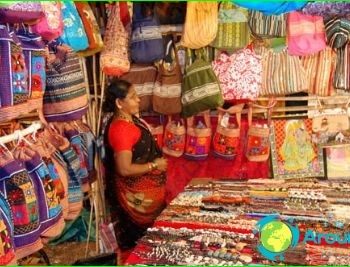Currency in India
Today, the national currency of India is expressed in Indian rupees: bright and exotic banknotes that have managed to defend their weight in the world economic community. The country's authorities are increasingly insisting that tourists use rupees when visiting Indian cities, thus strengthening it and increasing the level of stability. Money in India does not cause any complaints from travelers, often even becoming a beautiful souvenir brought home with you..
A bit of history: how rupees got their modern look
A well-known fact from the history of India suggests that the country was for a long time under the leadership of the British authorities, who sent their soldiers and ordinary citizens of the Kingdom to this territory. It is this situation that leads to the fact that the equivalent of rupees was English pence, and the value of 1 rupee was determined only as 16 pence..
Perhaps the Indian rupee is the most colored currency in the world. After getting rid of British influence, currency production revived, and the standard shades of ocher and olives were replaced with all the colors of the rainbow. Such a variety in design has made money a distinctive feature of the country, therefore no one else asks the question of what currency is in India..
Not so long ago, in 2009, the authorities held a competition for the best design of the rupee symbol, which ended the following year with the victory of the sign. «Ra», belonging to the Indian alphabet Devanagari, which is used in both Hindi and ancient Sanskrit. The obverse of the coins is decorated with the image of Mahatma Gandhi - the greatest philosopher, thinker and politician not only of India, but of the whole world.
Currency exchange in India
In view of the fact that the country's authorities are promoting the widest possible use of the national currency by tourists, there are numerous exchange offices in India where you can exchange Indian currency. The most favorable rate is determined by banks in accordance with the floating exchange rate regime; ticket offices work mainly on weekdays from 10.00 to 14.00, and on Saturday - from 10.00 to 12.00.
In addition, money exchange operations can also be carried out in jewelry stores, post offices, hotels and even shops. However, there is one difference: when exchanging at banks, you can get a special receipt that allows you to change money back when you leave the country, but the amount should not exceed 25% of the original.




